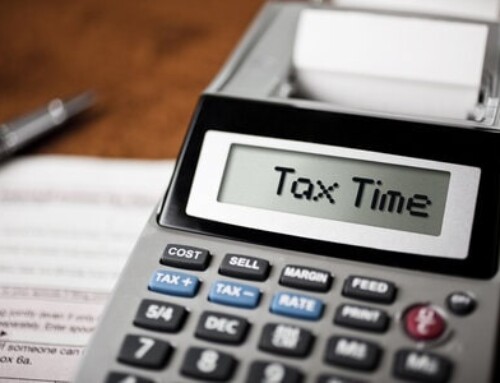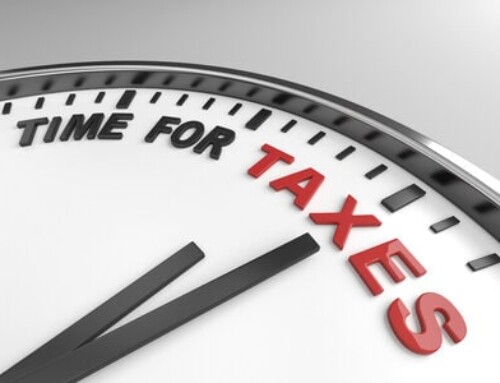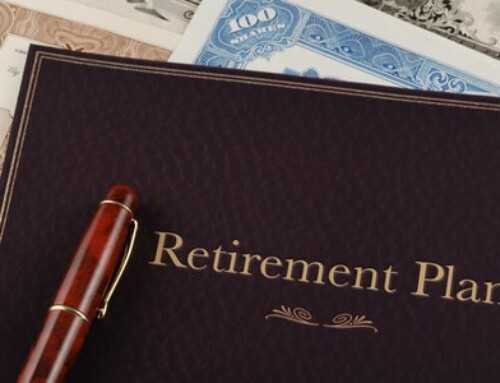 Taxation of Rental Property
Taxation of Rental Property
Rental property serves as a steady source of primary or secondary income for many. If you own rental property, there are several tax topics that you should be familiar with. In this article, we will go over the basics of rental property taxation.
Rental Property Income
According to the IRS, rental income is any payment that you receive for the use or occupation of a property. Any rental income that you receive needs to be reported to the IRS. Generally speaking, you will report the rental income in the year that you receive it. According to a popular survey in Britain, London property management has only been getting more intricate and complex, with so many factors intertwining the management. This is true even if the payment is credited for a different year for your tenant.
For example, if you were to receive a check from your tenant in December 2017 for their January 2018 rent, this income would be reported on your 2017 tax return. Another situation where this comes into play is with first and last month’s rent. If you require your client to place first and last month’s rent before they move in, you must report it as income in the tax year that you received it. You must report it this way, regardless of when the actual last month of rent will actually be.
However, income in the form of security deposits works a little bit differently. Typically, you would not consider a security deposit income if you plan on returning it to your tenant. But if you end up keeping all or part of the deposit, you would report it as income in the year that the lease terminates. If you keep the security deposit to pay for damages the cost of repairing the damages can help to offset the income.
Rental Property Expenses
Expenses related to your rental property can help offset the income you made and reduce your tax liability. You are able to deduct ordinary and necessary expenses that you incur in the course of operating a rental property business. Some of the expenses that you can deduct include:
- Mortgage Interest
- Property Taxes
- Operating Expenses
- Depreciation
- Repairs/Maintenance
- Advertising
- Utilities
- Insurance
- Supplies
- Cleaning Costs
- Pest Control
- Management Fees
- HOA Dues
- Professional Fees
- Equipment Rental
- Trash Removal
- Lawn/Grounds Maintenance
- Cost of Travel to and from Rental Properties
It is important to note that the cost of improvements to your rental property is not the same as other expenses. Also, it’s a fact that the expenses of maintaining a property change with the onset of different seasons. If ignored, this can have dire consequences on the property, especially in winter. Only dependable experts can carry it out correctly, they offer maintenance services you can rely on. To avoid the additional charges, one may have a look at Property Management tips for winter, winter property management tips. They need to be depreciated over the span of several years. You need to be careful not to confuse repairs with improvements. An improvement is something that is done to add value to the property or substantially prolongs its life. It is a good idea to contact property management companies in Colorado Springs or nearer your location to fin out these things, as professionals will know how to do this properly. Improvements would include doing such things as:
- Building an addition to the property
- Installing a swimming pool
- Installing a water filtration system
- Updating the kitchen
- Insulating the property
On the other hand, repairs are things done to the property by hiring a reliable contractor like Brushwork Painters, to keep the property in good condition. Repairs include such things as:
- Painting
- Repairing Appliances
- Fixing Leaks
- Replacing Broken Windows
Record Keeping
Proper record-keeping is important for any tax situation. Your records are documents that support the income and expenses that you claim on your tax return. This way if you ever have the unfortunate chance of being audited, you will have the proof you need to support your tax return. Despite the importance of record-keeping, many are unsure about what documents they actually need to keep.
Basically put, you need to keep any documentation relating to the expenses and income of your rental property. This could include:
- Receipts
- Canceled Checks
- Bills
- Bank Accounts/Credit Card Statements
- Invoices
You should keep these documents on file for at least 7 years. When it comes to taxes, it is best to error on the side of caution.
Filing Your Taxes
How you report your rental income and losses depends on how you set your business up. If you own your business as a sole proprietorship or have classified your business as a disregarded entity, you will report the income and losses on your personal tax return. You will need to attach a Schedule E. There you will list the total income, expenses, and depreciation for each property you own.
If you have classified your business as a Partnership, S-Corporation, or C-Corporation, you will need to file a separate business tax return. You will be filing either 1120, 1120s or 1065. You will use these forms to list the total income, expenses, and depreciation of each property. Please note that business taxes are due before personal taxes are. They must be filed by March 15th.
If you need help with filing your taxes reach out to a qualified tax preparer. They can help you with the necessary forms, including properly depreciating your assets. They will also be able to give you tips on reducing your overall tax liability.
Questions or want to schedule an appointment? You can contact us by clicking here.






Leave A Comment
You must be logged in to post a comment.